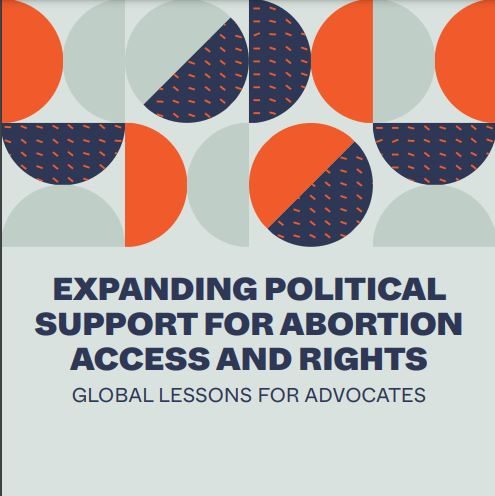Expanding Political Support for Abortion Access and Rights
Advocating for abortion access is unlike advocacy on any other global health-care issue. This publication shares insights and lessons learned by Ipas staff and our partners around the world through decades of advocacy work to expand abortion access. This resource aims to illustrate key obstacles and opportunities that advocates encounter, plus strategies for overcoming common challenges.
Introduction
Abortion is health care—and a fundamental human right. But not everyone has access. Each year, millions of people around the world resort to having an abortion with unsafe methods. Due to global health inequities, almost all are Black or brown and live in low- and middle income countries. Millions of women and girls suffer serious, often permanent, injuries as a result of unsafe abortion, and tens of thousands die.
Access to abortion care allows women and girls to determine their own future. It can make a difference in whether a girl completes her schooling, a woman becomes gainfully employed, or a pregnant person is exposed to gender-based violence. But despite some important milestones over the past few decades, efforts to build political support for expanding abortion access have met with disappointment in many countries.
It doesn’t have to be this way. That’s why Ipas works around the world to expand access to abortion and contraception. We know that if people don’t have the right to make fundamental decisions about their own bodies and health, they can’t fully enjoy the human rights to which we are all entitled.
But advocating for abortion access is unlike advocacy on any other global health-care issue. Opposition and barriers are driven primarily by strong cultural, political, and religious forces, rather than technical or financial challenges. Ipas works primarily in settings where abortion is highly restricted and socially stigmatized, making it extremely challenging for political leaders to champion abortion rights. The work is never straightforward or linear, and there are no easy solutions for achieving sustainable political support. However, change is possible, and we’ve seen many hard-fought successes in
our decades of advocacy work.
Read the full report here.
